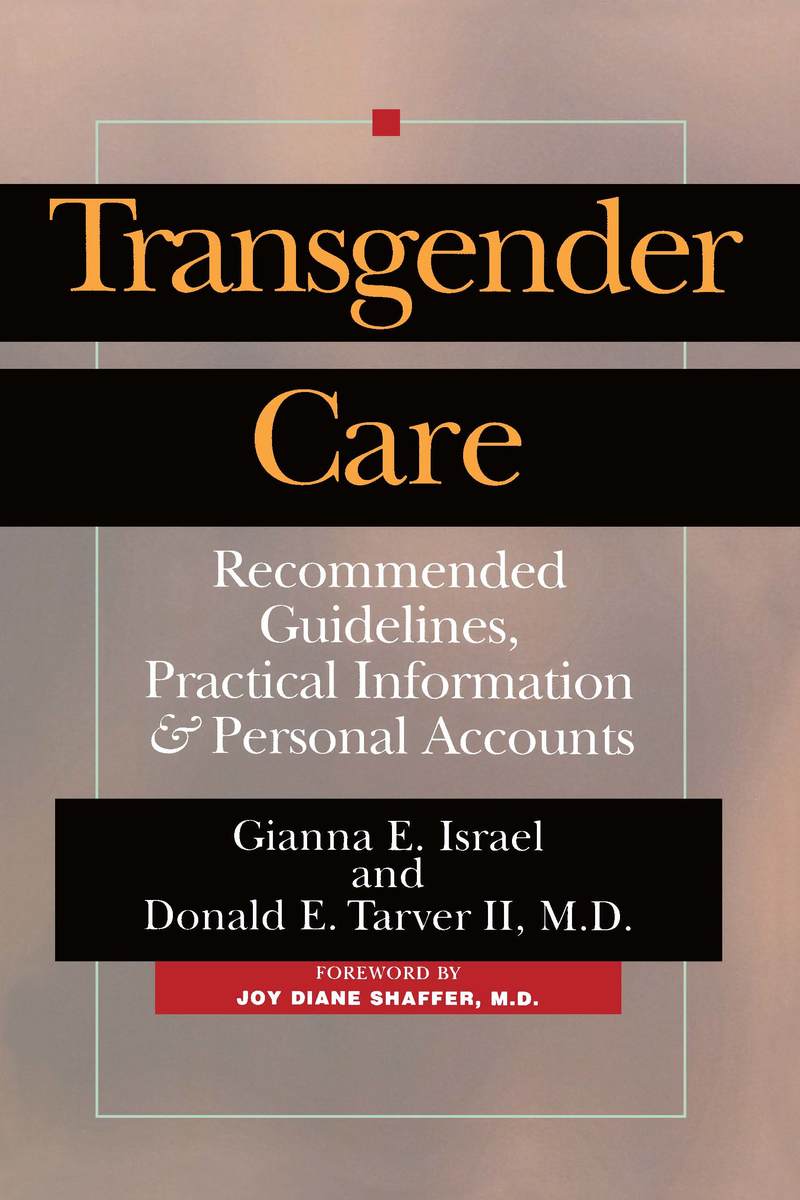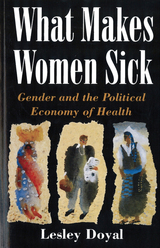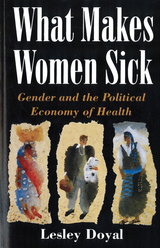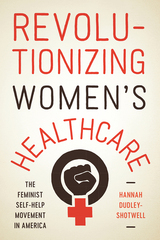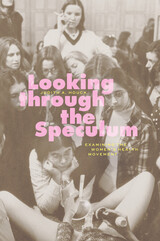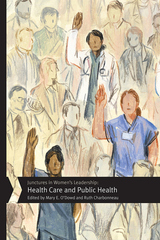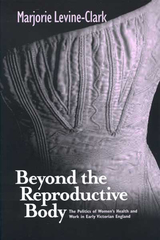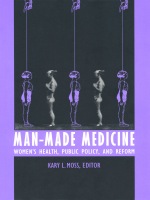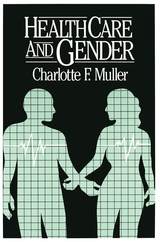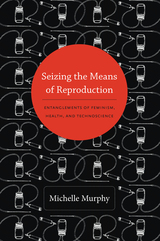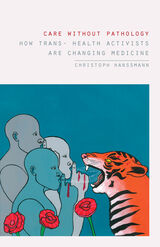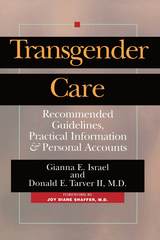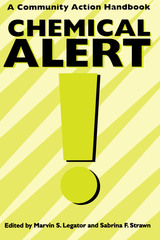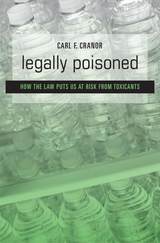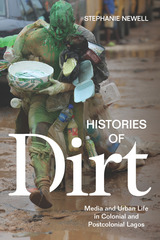REVIEWS | EXCERPT | CONTENTS | AUTHOR BIO | SUBJECT CATEGORIES
An outstanding reference work by specialists for the transgendered
Transgender Care
Recommended Guidelines, Practical Information, and Personal Accounts
Search the full text of this book
Gianna E. Israel and Donald E. Tarver, foreword by Diane Shaffer, M.D.
"The title tells pretty much what this groundbreaking anthology offers: a comprehensive distillation of personal experiences and professional wisdom."
—Feminist Bookstore News
By empowering clients to be well-informed medical consumers and by delivering care providers from the straitjacket of inadequate diagnostic standards and stereotypes, this book sets out to transform the nature of transgender care.
In an accessible style, the authors discuss the key mental health issues, with much attention to the vexed relationship between professionals and clients. They propose a new professional role; that of "Gender Specialist."
Chapters 3, 4, and 5 provide definitive information (in the context of consulting health professionals) on hormone administration, aesthetic surgery, and genital reassignment surgery. Chapter 6 takes up the little-examined issue of HIV and AIDS among transgender people. There is also a chapter devoted to issues of transgender people of color, as well as a chapter on transgender adolescents.
The book contains a wealth of practical information and accounts of people's experiences about coming out to one's employer or to one's friends or spouse. Several essays spell out the legal rights of transgender people with regard to insurance, work, marriage, and the use of rest rooms.
The second part of the book consists of thirteen essays on a range of controversial topics. They include three personal stories of transgender life, one essay on the new academic field of Transgender Studies, two essays on legal rights, three essays on medical issues, and two essays on the origins and possible resolution of the conflicts between therapist and client. The authors have also provided useful listings of organizations, centers, and Web sites.
The book has been reviewed by a national committee of professionals and consumers, some of whose members have contributed the essays in the second part of the book.
BACK TO TOP
Excerpt
Read the Foreword and Chapter 1 (pdf).
BACK TO TOP
Reviews
"Professionals who work with individuals with gender identity issues and those with gender issues themselves have long needed a comprehensive guide to treatment. Finally, it is here. Gianna Israel and Donald Tarver have done a wonderful job of putting resource material from many fields into one easy to use reference book. Transgender Care is without a doubt a breakthrough work, as it addresses issues of cultural diversity, sexual orientation, and lifestyle that have been previously overlooked or ignored in the clinical literature. The supporting essays provide practical information about employment and insurance and confront the ethical difficulties of professionals who serve as gatekeepers to those who desire treatment. The authors have done a service to caregivers and transfolk alike with this monumental work."
—Dallas Denney, M.A., Licensed Psychological Examiner, Executive Director, American Education Gender Information Service, Inc.
"This wonderful book...is a comprehensive resource."
—Archives of Sexual Behavior
"Overall the first section of the book is probably of most use to clinicians in the field of transgender care and to individuals seeking guidance in their own care. ...the second section cover a wide variety of topics: ethics, legal rights, support systems, health insurance, facial surgery, commentaries on the recommended guidelines, transgender studies, and hormones."
—NWSA Journal
BACK TO TOP
Visit the Gianna Israel Gender Library.
Contents
Foreward by Joy Diane Shaffer, M.D.
Review Committee
Preface and Acknowledgments
Part I: Recommended Guidelines
1. Introduction
2. Mental Health
3. Transgender Hormone Administration
4. Transgender Aesthetic Surgury
5. Genital Reassignment Surgury and Gonad Removal (Castration)
6. HIV and AIDS
7. Cultural Diversity
8. Transgender Youth
9. Support Tools
10. Support Scenarios
Part II: Essays
11. Ethical Implications for Psychotherapy with Individuals Seeking Gender Reassignment – Barbara F. Anderson, Ph.D., L.C.S.W.
12. Understanding Your Rights Under San Francisco Ordinance – Larry Brinkin, Acting Coordinator, San Francisco Human Rights Commission
13. From the Perspective of a Young Transsexual – Alexis Belinda Dinno
14. You are Not Alone: A Personal Quest for a Support System – Ayme Michelle Kantz
15. A Midlife Transition – Heather Lamborn
16. Insurance and Reinbursement of Transgender Health Care – Lisa Middleton, M.P.A.
17. Facial Surgury for the Transsexual – Douglas K. Ousterhout, D.D.S., M.D.
18. What Is to Be Done? A Commentary on the Recommended Guidelines – Rachel Pollack, M.A.
19. Genital Reassignment Surgery:A Source of Happiness for my Patients – Eugene A. Schrang, M.D.
20. Over and Out in Academe: Transgender Studies Come of Age – Susan Stryker, Ph.D.
21. Transsexuality, Science, and Prophecy – Max Wolf Valerio
22. Hormones – Delia van Maris, M.D.
23. The Therapist Versus the Client: How the Conflict Started and Some Thoughts on How to Resolve It – Anne Vitale, Ph.D.
Appendix: Resources for Transgender Individuals, Families, and Professionals
About the Authors
About the Reviewers and Contributors
Index
